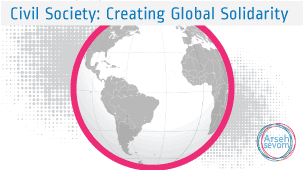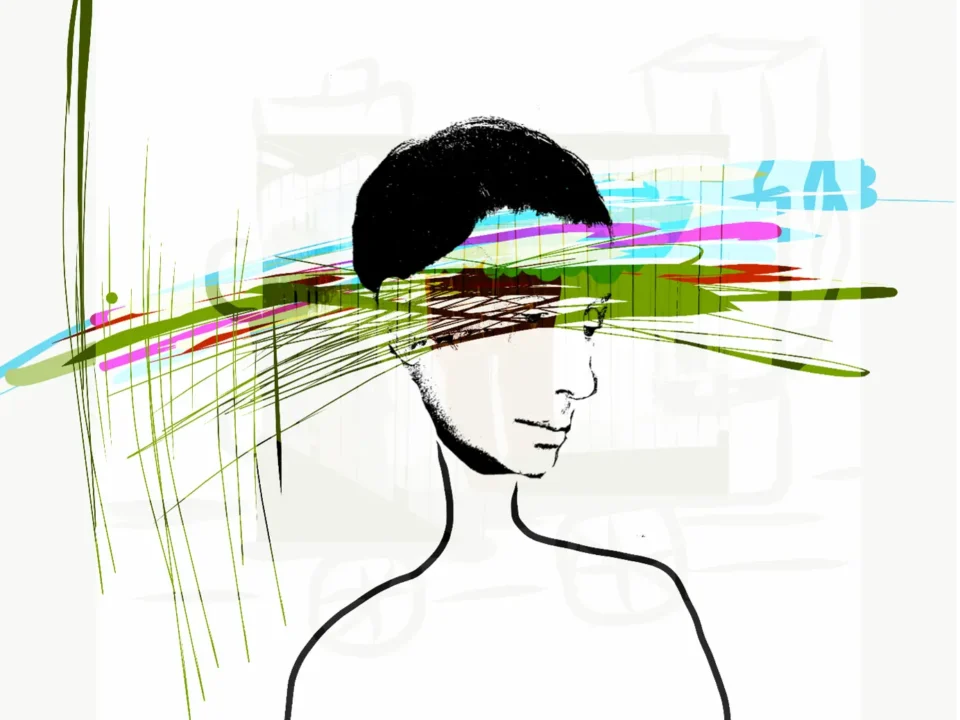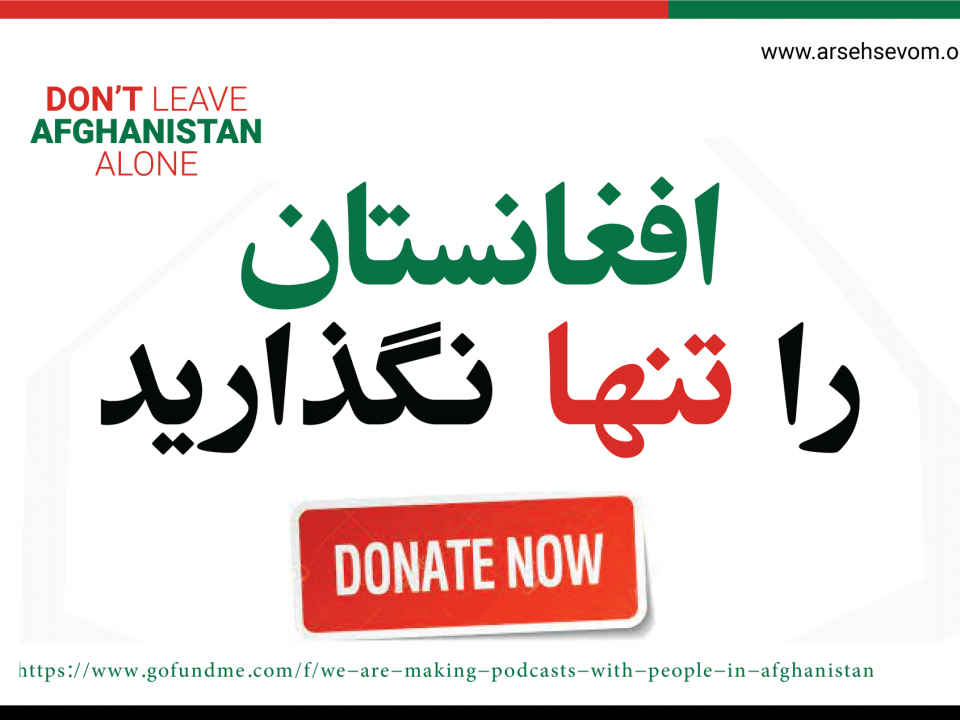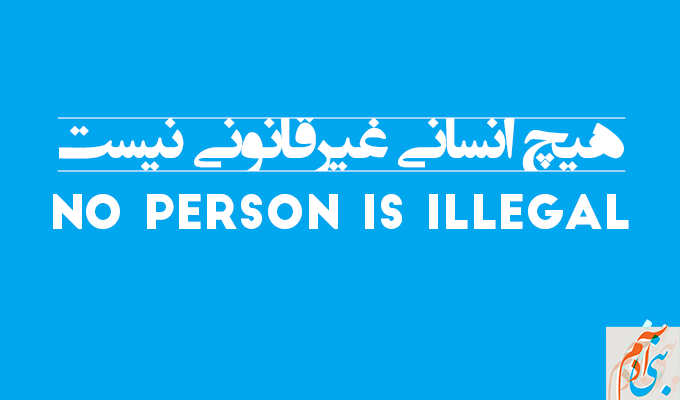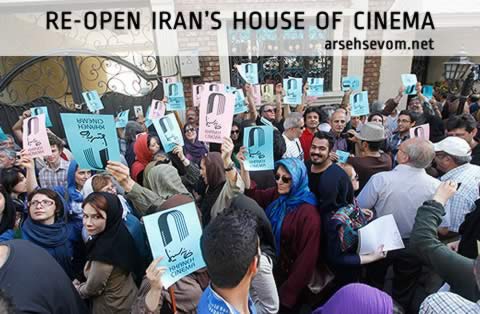
Security Forces Unlawfully Close Iran’s House of Cinema
July 19, 2013
Desperately Seeking Birth Control in #Iran
July 29, 2013Towards a common idea of international protection for civil society
In a new series, Arseh Sevom summarizes reports on civil society throughout the world. This post looks at the 2012 publication of Defending Civil Society. This report notes that the space for civil society throughout the world seems to be shrinking even as consensus on the need for an independent civil society is growing.
Arseh Sevom — by Elena Cavagni — Defending Civil Society 2012 advocates for the protection of civil society groups by means of international law. This report is an update of the 2008 edition, thanks to the joint effort of the International Center for Not-for-Profit Law (ICNL) and the World Movement for Democracy (WML).
It furthers discussion on three major challenges that civil society has confronted in the last four years of worldwide upheaval, especially in the Middle East. Those three are:
- The use of technology as an advocacy tool
- The restriction of freedom to assembly, and
- The unintended effects of foreign aid on the independence of civil society activities
The focus of the report is on the legal barriers threatening the existence and activities of civil society organizations (CSOs). Such legal constraints include
- Barriers to entry
- Barriers to operational activity
- Barriers to speech and advocacy
- Barriers to contact and communication
- Barriers to assembly
- Barriers to resources
States often justify these barriers by stating that they lead to more accountability from NGOs or as the protection of state sovereignty or even the preservation of national security. Barriers often build on narratives that “serve to deflect criticism by obscuring governments’ true intentions” for restricting civil society.
States are urged to abide by their international obligations to legally demonstrate that barriers are grounded in law, plus are legitimate and necessary.
The report builds its claims on a list of well-established principles and conventions of international law, holding States accountable for their actions. As part of their obligation to protect human rights and fundamental freedoms, States must guarantee
- The right of civil society organizations (CSOs) to entry (already included in the freedom of association)
- The right to operate free from unwarranted state interference
- The right to free expression
- The right to communication and cooperation
- The right to freedom of peaceful assembly
- The right to seek and secure resources
In the concluding section, clear recommendations are presented to both the international community and civil society groups, as well as democracy assistance organizations. Among these, includes the dissemination, discussion and elevation of the principle that civil societies legitimately hold rights. As a result, States must respect, protect and fulfill those rights.
Yet, civil society is not yet a formally recognized entity in the international system. Despite increasing consensus of the rights of civil society internationally, the report writers tell us that “civil society is still losing space in many countries.” Global solidarity is necessary to spread the idea that civil society must be protected in every State.
The report is available in five languages (English, French, Spanish, Russian, Arabic).
About the organizations behind the report
The ICLN is a civil-society community aiming at spreading information on the legal environment for civil society, philanthropy, and public participation. The ICLN draws upon an alliance of organizations to assist and implement their international programs.
The WDM is an international network of individuals and organizations who share the common goal of promoting democracy. The World Movement was launched in February 1999 in New Delhi, India. Their previous report on Defending Civil Society (2008) has been endorsed by eminent figures such as the Dalai Lama, Vaclav Havel, Saad Eddin Ibrahim, and Desmond Tutu.
Both organizations are located in Washington and have written the report based on global and regional consultations and input from civil society organizations, grassroots activists, independent media professionals, and other relevant stakeholders worldwide.
Elena Cavagni holds a Masters degree in Human Rights and Conflict Management from the Scuola Superiore Sant’Anna in Pisa, Italy. She has done field work in Iran, Palestine, and Israel.


